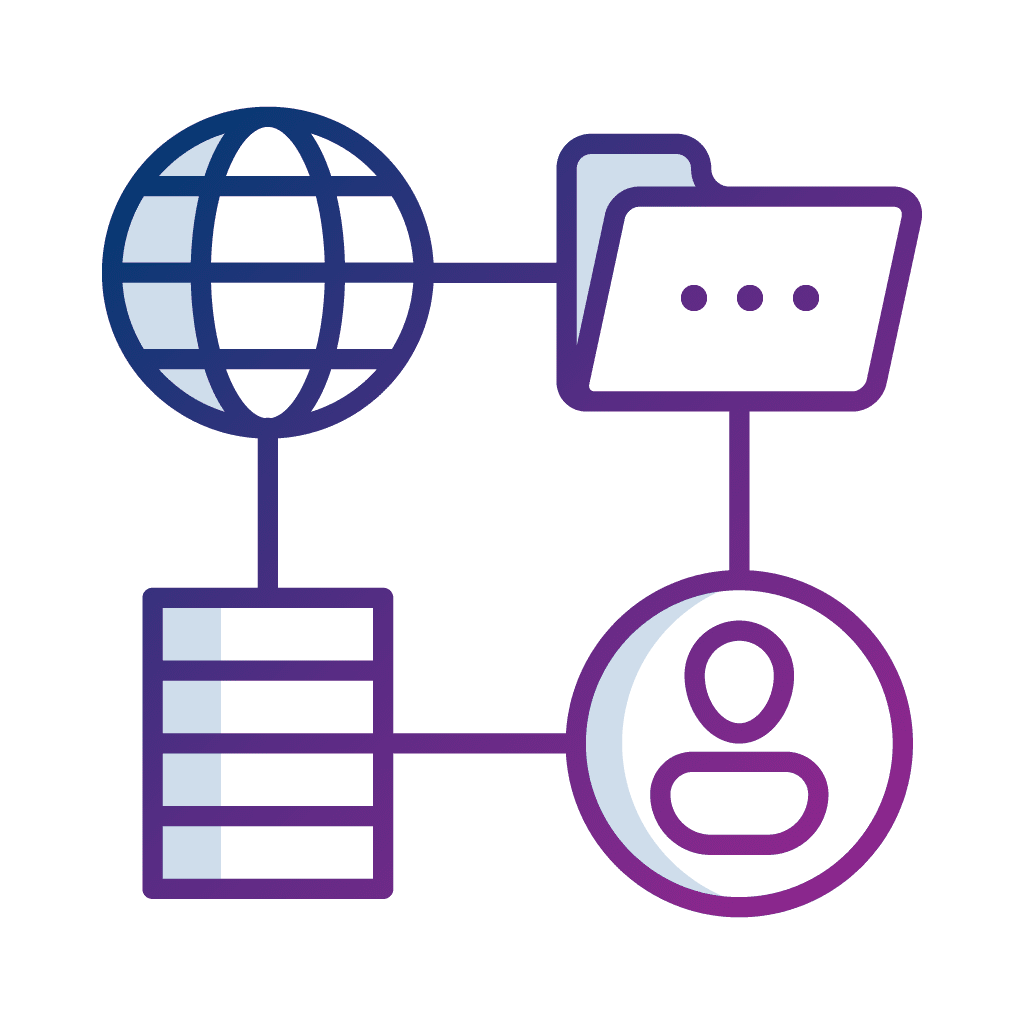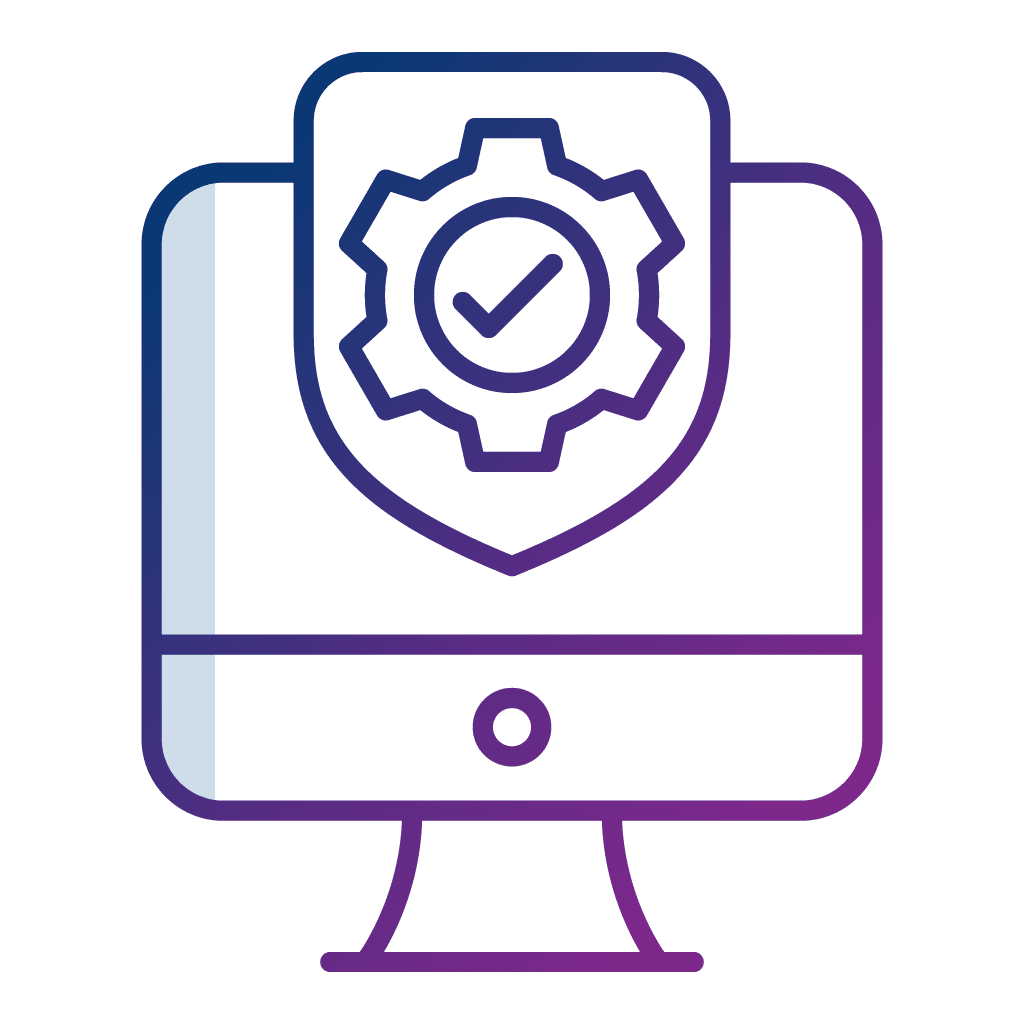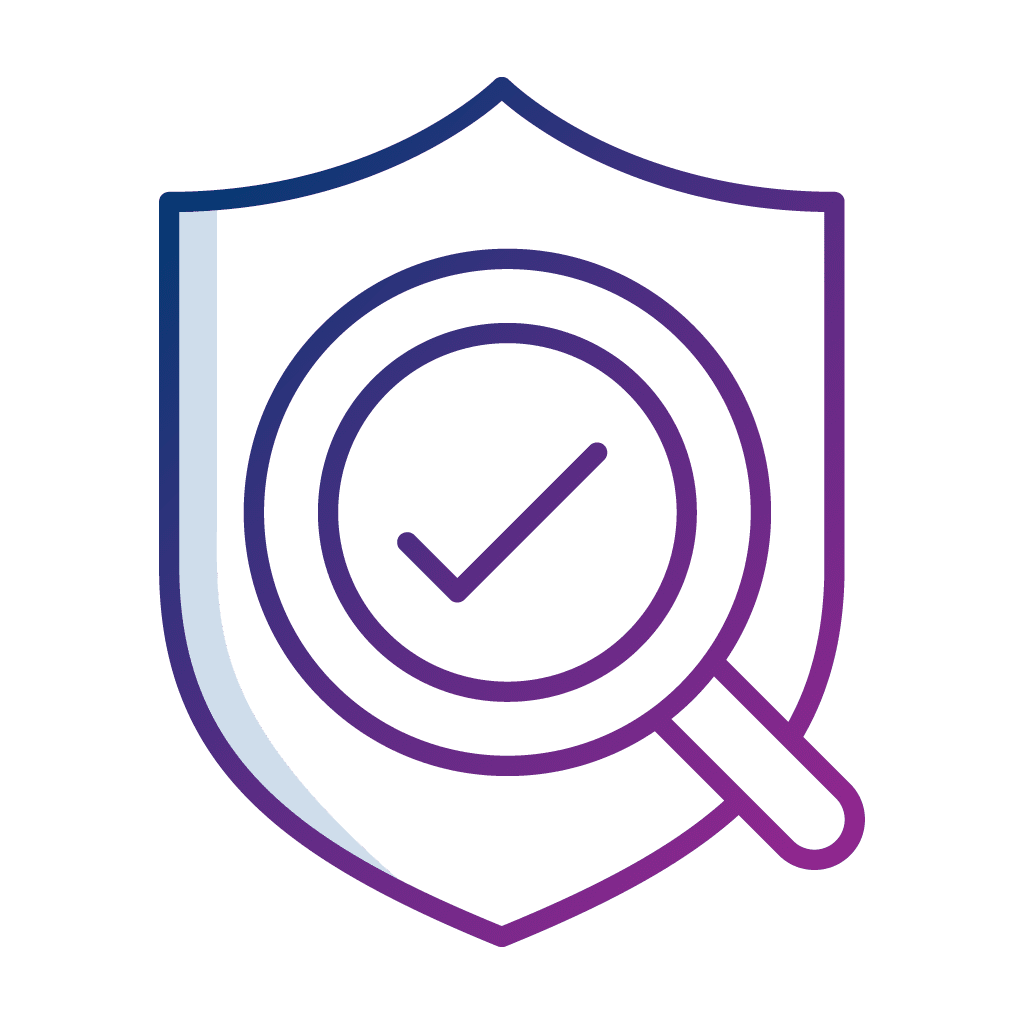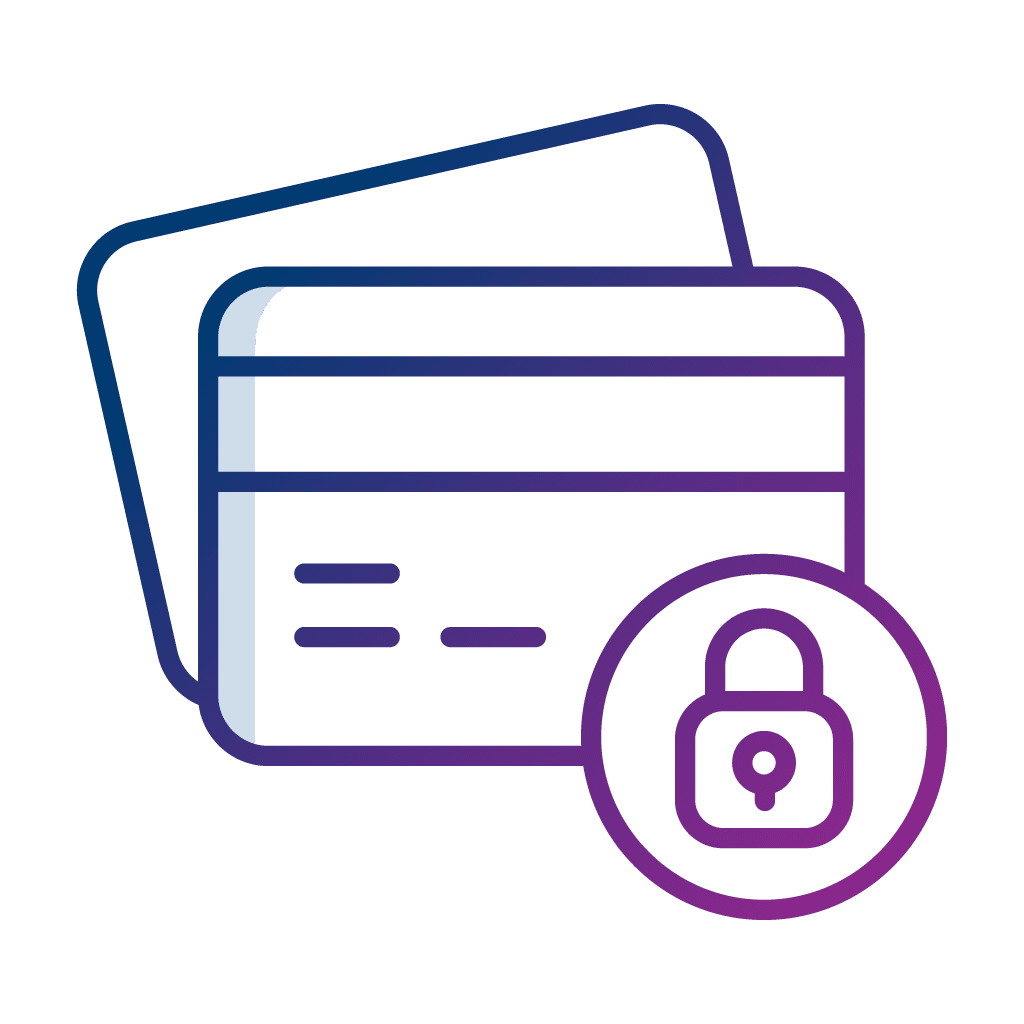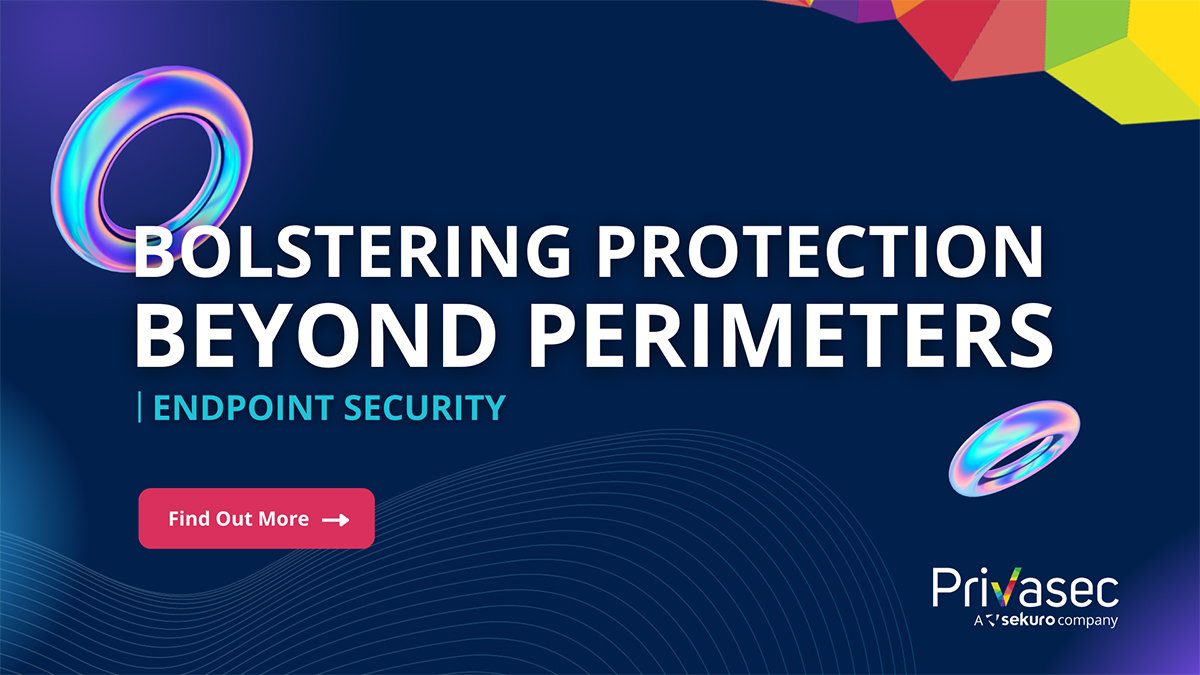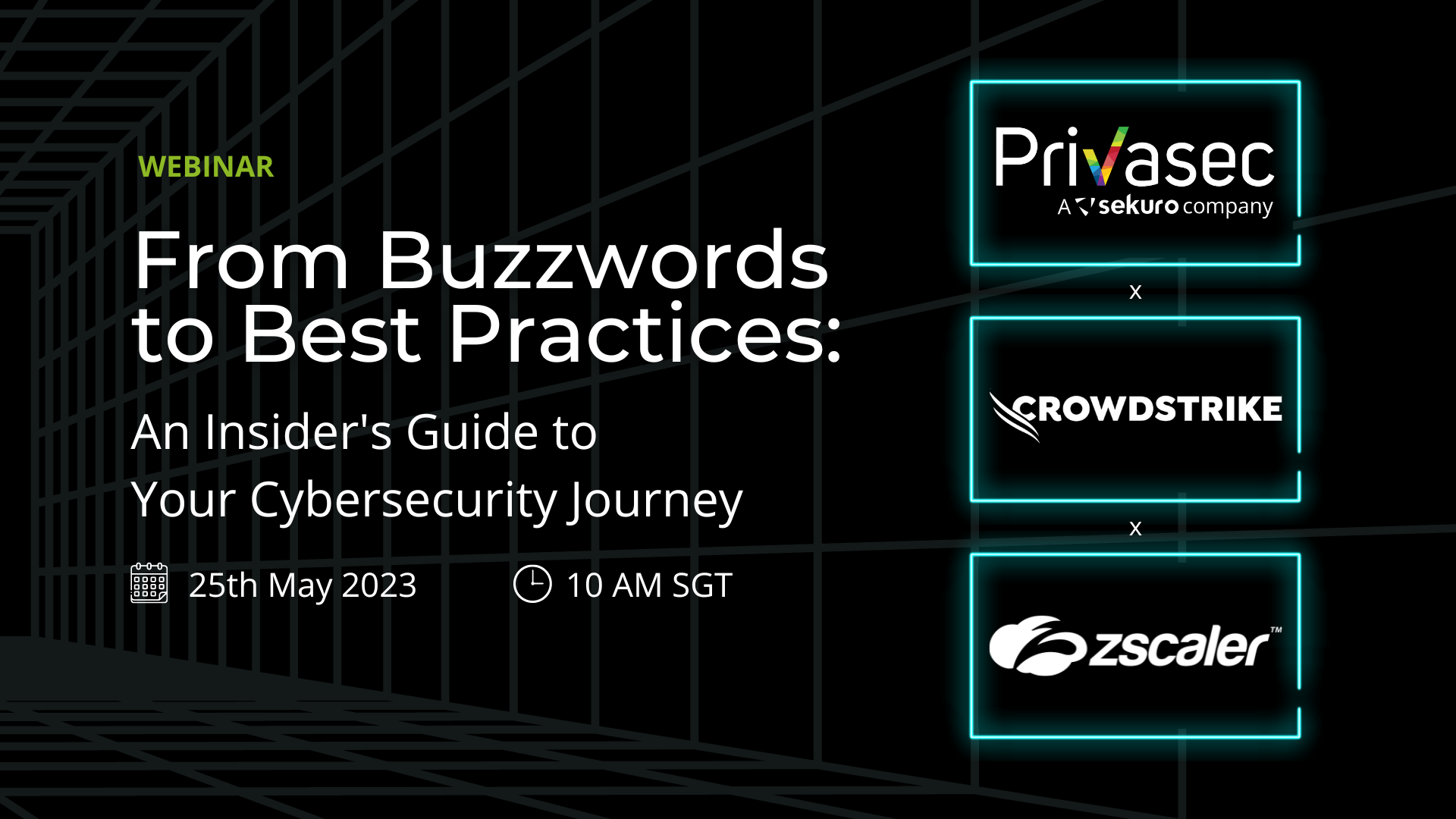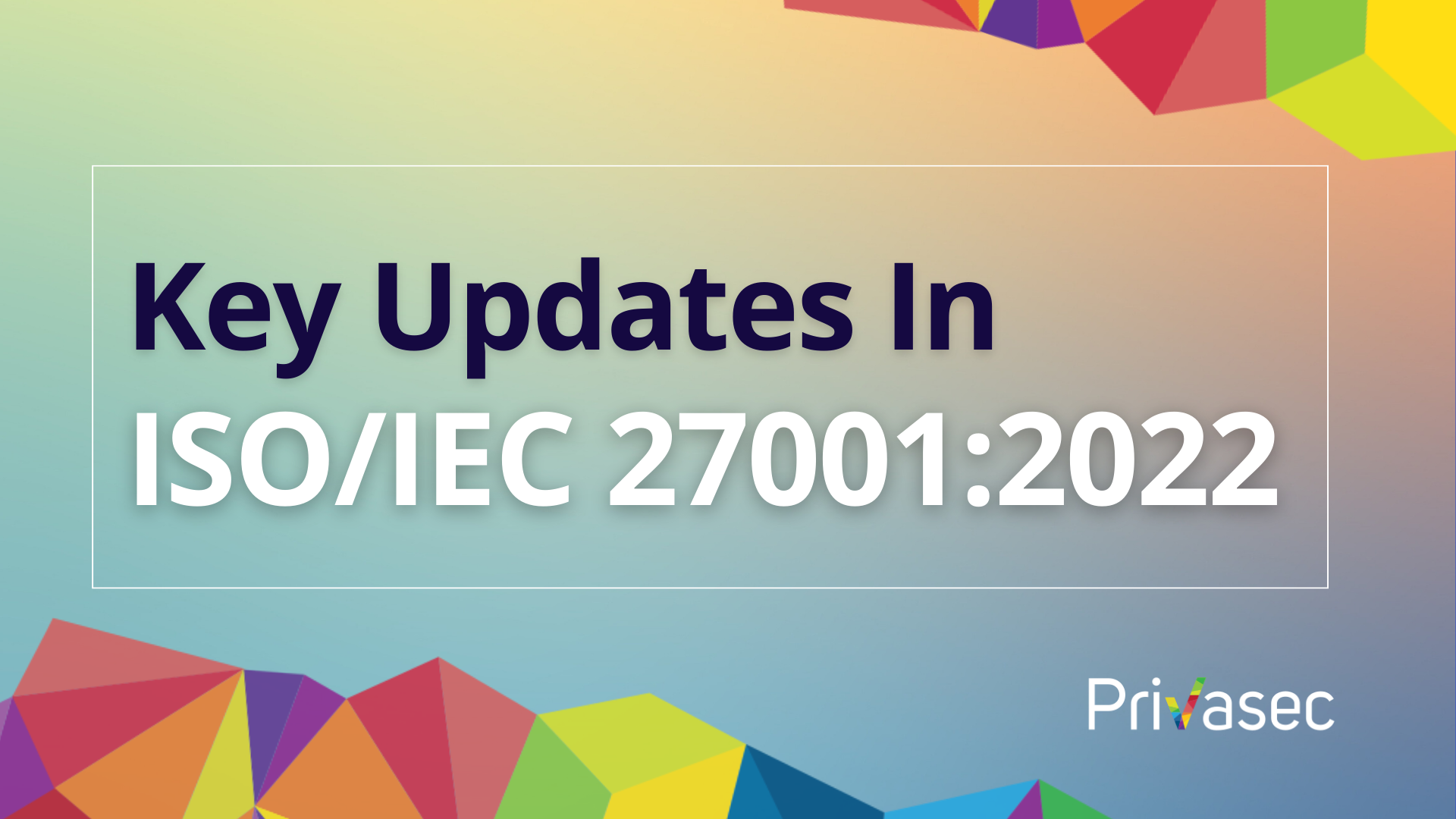In today’s dynamic and interconnected digital landscape, endpoint security is imperative for organisations. The paradigm shift towards remote work and implementation of Bring Your Own Devices (BYOD) policies has introduced new challenges for endpoint security. Endpoints, which encompass devices such as laptops, desktops, mobile devices, servers, and IoT devices that are connected to a network, play a crucial role in this security framework. Furthermore, the ever-evolving cyber threats targeting endpoints and growing zero-day exploits that outsmart traditional security measures underscore the need for robust endpoint cyber security solutions.
In this blog post, we will delve into the significance of endpoint security and explore effective cyber security solutions in Singapore that can protect your organisation’s digital frontier while ensuring productivity.
Significance of Endpoint Security
According to a study by the Ponemon Institute, 68% of organisations have experienced one or more endpoint attacks that successfully compromised data and/or their IT infrastructure. The surging cyber threats targeting endpoints and the growing remote workforce necessitate a strong security posture to safeguard organisational data and systems.
Maintaining Visibility and Control over Diverse Endpoints
With the rise in BYOD, IoT devices, and mobile device adoption, organisations are recognising the need to expand their attack surfaces beyond traditional security perimeters. The proliferation of endpoints highlights the need for centralised management and monitoring capabilities for visibility, control, and proactive protection to ensure comprehensive protection across the endpoint landscape.
Meeting Regulatory Requirements and Effective Risk Management
In today’s complex regulatory landscape, organisations face the challenge of navigating industry-specific compliance requirements to meet their obligations and effectively manage risk. The potential consequences of a successful endpoint security breach include financial losses from ransomware payments and regulatory fines, operational disruptions and reputational damage.
With robust endpoint cyber security solutions that align with regulatory standards, organisations can better demonstrate their commitment to data protection and embed the necessary controls to safeguard the organisational data. A notable avenue for demonstrating compliance with PDPA and accountable data protection practices is through obtaining the Data Protection Trustmark (DPTM). Acquiring the DPTM not only enhances businesses’ competitive advantage but also fosters trust with customers and stakeholders, reinforcing their commitment to data security.
Overall, endpoint security is vital to an organisation’s cybersecurity framework. Robust endpoint security solutions provide organisations with greater visibility, control and proactive protection, which is essential for monitoring, enforcing security policies and preventing breaches.
Endpoint security solutions
The key to establishing an effective endpoint security strategy is finding the optimum equilibrium to balance security with productivity and agility. Organisations need to find the right combinations, from ensuring end-user productivity, robust threat protection, and centralised management for visibility over the diverse endpoints to compliance adherence.
Examples of Endpoint Security Solutions
- Endpoint Detection and Response (EDR) – Rapidly identify, investigate and respond to threats, minimising the impact of security incidents.
- Managed Detection and Response (MDR) – Leveraging expert teams to take endpoint security a step further for round-the-clock monitoring, proactive threat hunting, and swift incident response.
These days, EDRs often include multiple functions, as listed below. Other solutions, termed XDRs (Extended Detection and Response) take this one step further, which integrates information from multiple sources (Eg: From the network layer) to enhance threat detection and response.
- Application Control – Prevents unauthorised and potentially malicious applications from executing, bolstering overall endpoint security.
- File Integrity Monitoring (FMI) – Continuous monitoring of critical files to detect unauthorised changes, ensuring early threat detection.
- Next-Generation Antivirus (NGAV) – Harnesses the power of artificial intelligence-driven behaviour analysis and predictive analytics to detect and block a wide range of threats.
- Secure Web Gateways (SWG) – Protects against web-based threats while enforcing corporate policies, ensuring a secure and compliant user experience.
Depending on the organisation’s needs, different technologies and solutions should be adopted to form a comprehensive framework for endpoint security, addressing various aspects of threat prevention, detection, and response. This would help elevate an organisation’s security posture and effectively safeguard its critical assets from evolving cyber threats.
Privasec stands out as a trusted partner in navigating the complex terrain of cyber security solutions in Singapore.
Let us help you further enhance your organisation’s cybersecurity posture, fortify its defences and foster a resilient digital infrastructure. Get in touch with us.
Related Posts:
Secure your business with us
Simply drop us an email at [email protected] or call us at +65 6610 9597 (SG) / 1800 996 001 (AU) for more details



